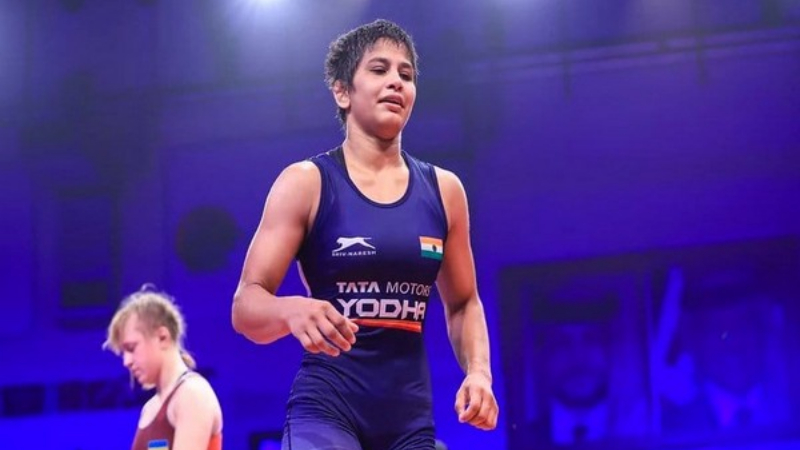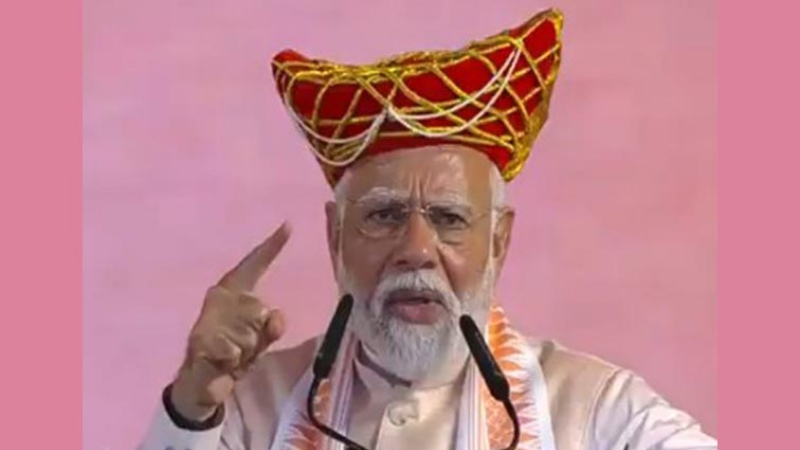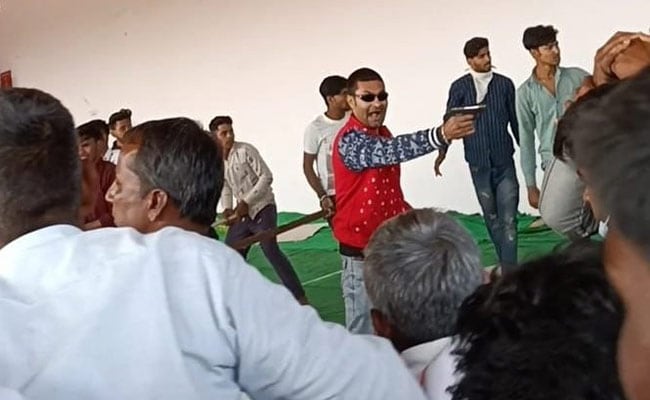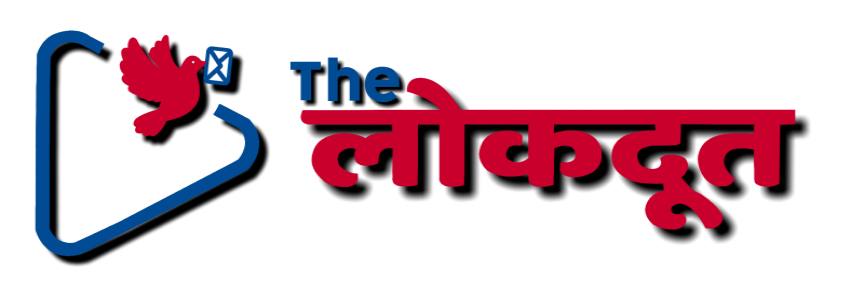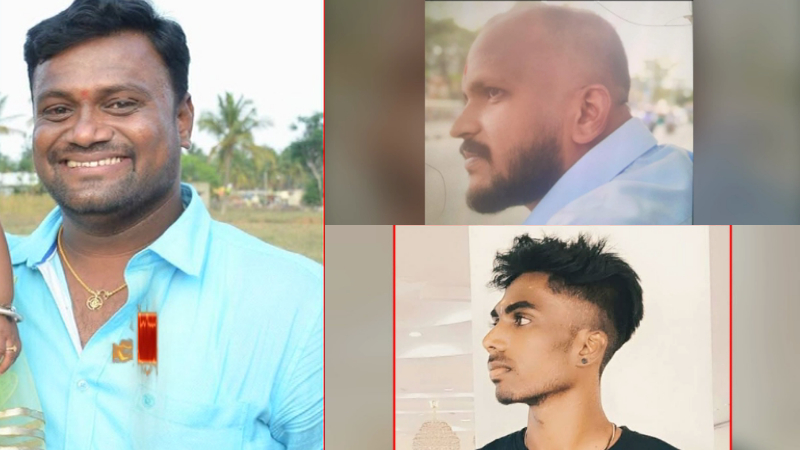Smriti Irani launches 'Poshan Bhi Padhai Bhi' with 800 ICDS Workers
Smriti Irani has launched the national event with 800 ICDS( Integrated Child Development Scheme) workers to launch the scheme ' Poshan Bhi Padhai Bhi' in New Delhi on Wednesday, May 10
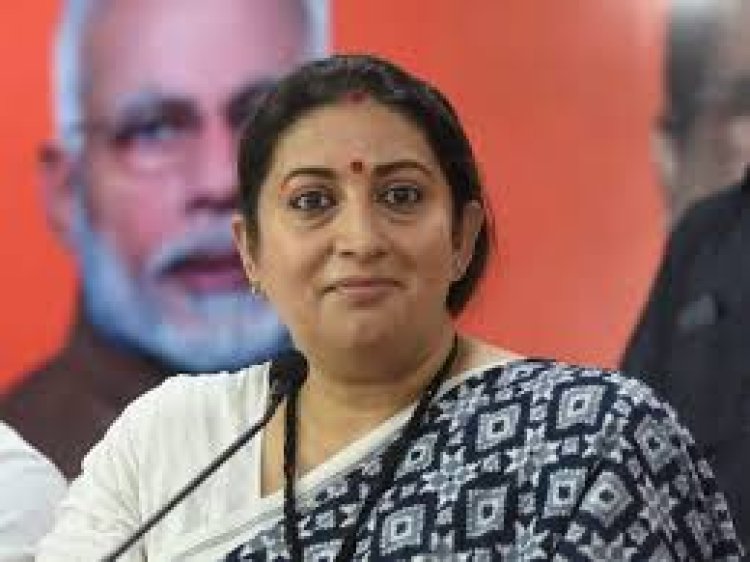
Smriti Irani has launched the national event with 800 ICDS( Integrated Child Development Scheme) workers to launch the scheme ' Poshan Bhi Padhai Bhi' in New Delhi on Wednesday, May 10.
Smriti Irani, the Union Minister, has organized a national event to launch the 'Poshan Bhi Padhai Bhi' program, in collaboration with 800 Integrated Child Development Scheme (ICDS) workers. The Ministry of Women and Child Development (WCD) aims to strengthen Early Childhood Care and Education (ECCE) through this initiative, which is a crucial part of Mission Saksham Anganwadi and Poshan 2.0.
The event, scheduled to take place in New Delhi, was chaired by Union Minister Smriti Irani and attended by 800 ICDS workers from various states. Distinguished speakers, including Munjpara Mahendrabhai, the Minister of State for WCD, Indevar Pandey, the Secretary of WCD, and Sanjay Kaul, the chairperson of the Ministry's ECCE task force, has shared their insights during the event.
The primary objective of the 'Poshan Bhi Padhai Bhi' campaign is to emphasize the importance of early childhood care and education. The Ministry of Women and Child Development aims to launch a pathbreaking ECCE program called "Poshan Bhi Padhai Bhi" to establish India as the world's largest provider of universal, high-quality preschool education, in line with the National Education Policy.
What is the scheme 'Poshan Bhi Padhai Bhi' about?
The 'Poshan Bhi Padhai Bhi' campaign was initially launched by Smriti Irani in September 2022, with the goal of offering early childhood care and education opportunities in 14 lakh Anganwadi centers converted into pre-schools. The program specifically targets children below 6 years of age, with a special focus on three-year-olds.
The ECCE scheme proposes several measures to transform Anganwadis. These include revitalizing Anganwadi infrastructure, renaming Anganwadi workers as Anganwadi educators, establishing nursery facilities for children below 3 years of age, implementing a unified curriculum for different Anganwadi models, and prioritizing education in the child's native language.
The comprehensive plan to transform Anganwadis involves upgrading their infrastructure to create a distinct identity. Anganwadi workers will be recognized as Anganwadi educators, highlighting their role in imparting education, while assistants will be designated as childcare providers, emphasizing their responsibility in nurturing children.
To cater to the needs of infants and toddlers, special crèche facilities will be introduced within Anganwadis, focusing on children below 3 years of age. This will ensure comprehensive care and early education for children from an early age.
A standardized curriculum will be developed, considering the diverse models of Anganwadis across the country. This curriculum will provide a structured approach to early education, ensuring consistency and quality.
Language plays a vital role in early childhood development, and therefore, the scheme emphasizes education in the child's mother tongue. This approach recognizes the importance of cultural and linguistic identity in the learning process and aims to provide a nurturing environment for holistic development.
The scheme also promotes holistic development by enhancing physical and motor skills, cognitive abilities, socio-emotional and ethical growth, cultural and artistic exploration, and effective communication, language, literacy, and numeracy skills. Each child will receive at least two hours of high-quality preschool instruction daily.
What is Anganwadi?
Anganwadi centers are crucial rural childcare facilities that serve as a vital link between the government and rural communities. They provide essential healthcare, nutrition, and early childhood education services to expectant mothers, new mothers, and children under the age of six in rural areas.
How is mid-day meal different from the scheme?
The POSHAN Scheme, formerly known as the Mid Day Meal Scheme, is an initiative in India aimed at improving the nutritional status of school-age children across the country.This program provides free lunches to children attending government primary and upper primary schools, as well as Anganwadis, during regular school days.The primary objective of the scheme is to enhance the nutritional well-being of students by ensuring they receive balanced and nutritious meals.
On the other hand, Poshan Bhi Padhai Bhi is the scheme which focuses on holistic development of children in the age group, specifically three year old children, providing them nutrition as well as early education and focusing on other parts of development such as culture ,art and language.
What is the current condition of Malnutrition in India and the steps have been taken to eradicate it?
India is a home to large numbers of malnourished children including mainly infants and children below age 5.One-third malnourished children globally are indian. it is responsible for approximately half of child mortality cases and contributes significantly to illness and disease burden in children.The issue of malnutrition in developing countries like India arises primarily from the intertwining factors of poverty and discrimination.India is also ranked at 107th position in the Global Hunger Index(2022). Malnutrition has been the greatest challenge of India.
In the country, 35 percent of malnourished children are below the age of five years. Bihar and Uttar Pradesh have the highest number of malnourished children, followed by Jharkhand, Meghalaya, and Madhya Pradesh.
Some steps which are taken to address the issue
National Nutrition Mission (POSHAN Abhiyaan): Launched in 2017, POSHAN Abhiyaan is a multi-sectoral initiative aimed at reducing malnutrition, including stunting, undernutrition, and low birth weight. It focuses on the first 1,000 days of a child's life, emphasizing healthcare, nutrition counseling, and supplementary nutrition.
Integrated Child Development Services (ICDS): ICDS is a government program providing a package of services, including supplementary nutrition, immunization, health check-ups, and referral services. It primarily targets children under the age of six and pregnant and lactating women.
Mid Day Meal Scheme: As mentioned earlier, the Mid Day Meal Scheme (now POSHAN Scheme) provides free lunches to children in government schools and Anganwadis. It aims to address both hunger and malnutrition among school-going children.
Public Awareness and Education: Awareness campaigns and educational programs are conducted to promote healthy eating habits, breastfeeding practices, proper hygiene, and the importance of balanced nutrition for child development.
While these initiatives have made progress, challenges such as regional disparities, lack of awareness, and limited access to healthcare services still need to be addressed. Continued efforts from the government, civil society organizations, healthcare providers, and communities are essential to effectively tackle the issue of malnutrition and ensure the healthy growth and development of children in India

